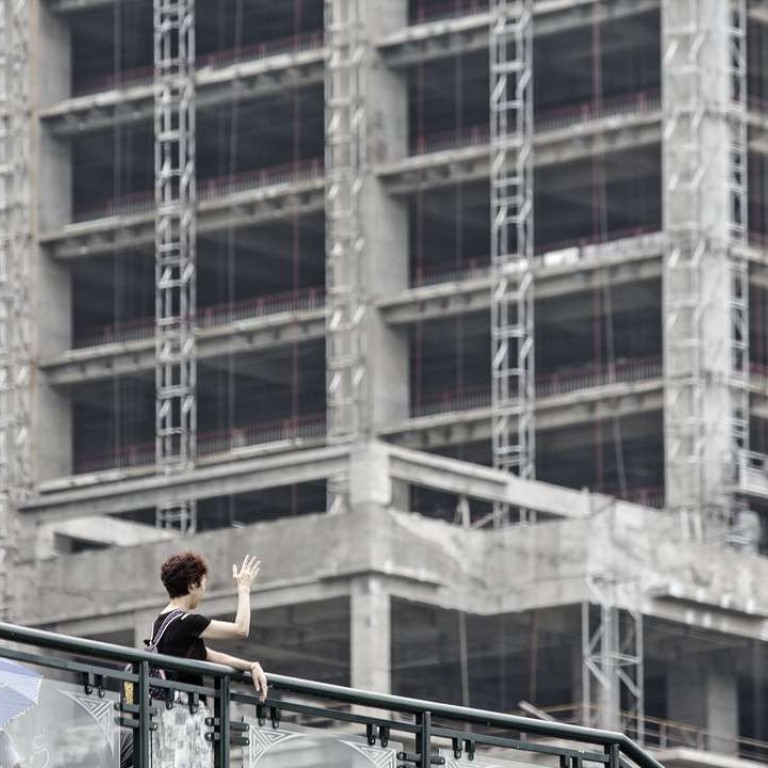
Elections in 2018 may pose a threat to China’s property market
Shao Mingxiao, chief executive of Longfor Properties, says a potential change of leadership and policy direction would spell uncertainty for the sector
Home prices and transaction volumes in China will face some pressure next year but 2018 is the time to start worrying, according to Shao Mingxiao, chief executive of Longfor Properties.
He said the country’s leadership elections in two years pose a potential threat to the property market because it is so sensitive to policy change.
“China’s real estate market has roughly a three-year cycle. In the past, 2005, 2008, 2011 and 2014 were the industry lows, so there will be pressure in 2017,” he said. “But what we should be more worried about is 2018.”
Most major Chinese cities recently introduced new cooling measures and strengthened existing ones in a bid to bring surging home prices under control.
Shao said the industry should be vigilant when China’s top leaders face re-election in 2018, as the market’s outlook will depend on the new government’s strategy and ideas.
After all, the real estate environment and official policy are closely related, he said, adding that the recovery in recent Chinese economic data implies the government will rely less on the property market for growth and is therefore unlikely to further cut interest rates to boost the sector.

“The central government’s purpose is very clear, to cool the overheated market in some hot cities, while continuing to clear the glut of unsold homes in the rest of the cities,” Shao said.
Shao said Longfor has been cautious on buying land since the third quarter of this year, in particular in hot second-tier cities where land prices have surged, such as Nanjing, Suzhou and Xiamen.
Listed in Hong Kong, Longfor is one of China’s largest residential and commercial developers, with a presence in 25 cities.
After achieving 65 billion yuan in contracted sales in the first nine months of this year, Shao said Longfor would have no problem reaching its 75 billion yuan sales target by year-end. He is also confident of seeing sales grow by another 10 per cent in 2017.
Yet it is hard to predict how property prices might fluctuate in China’s biggest cities, Beijing, Shanghai and Shenzhen, Shao said.
Taking Beijing as an example, he said land supply is very scarce but home-buying demand is huge.
Larry Hu, head of China economics at Macquarie Group, said the root problem of China’s property market is not a home prices bubble but a mismatch of land, as most inventories are in small cities where people have no purchasing power.
“Next year China’s property market probably will be in a down cycle, but if you don’t fix the supply problem, home prices will still increase [in the hot cities] in the longer term,” he said.

